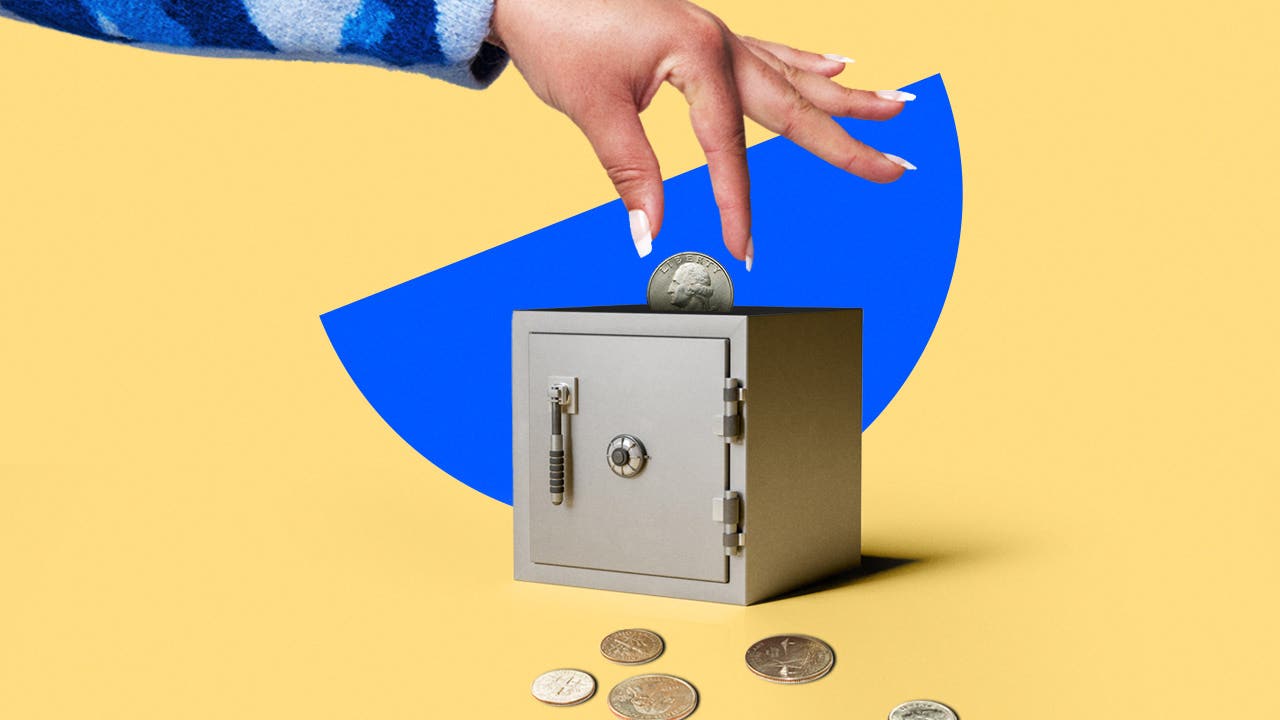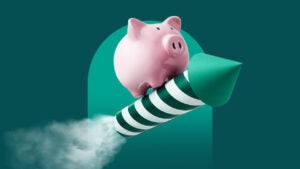What is the average interest rate for savings accounts?

The average savings account rate is a benchmark for the overall interest-rate environment, but it’s not a rate you should settle for.
Rather, aim for an annual percentage yield (APY) many times the national average, such as those offered by high-yield savings accounts. It’s easy to find a top high-yield savings account that offers a competitive return with a low minimum balance requirement.
National average savings account interest rates
Many of the best online banks have savings interest rates higher than the national average savings account interest rates. The higher the rate, the more interest you’ll earn on your savings. The national average savings account yield is 0.6% APY, according to Bankrate’s survey of institutions as of February 07, 2026. And the best high-yield savings accounts are paying around 4% APY.
How Bankrate calculates the national average
Bankrate surveys more than 500 banks and credit unions weekly to generate the national averages. Included in the survey are institutions that are broadly available and offer high yields, as well as some of the nation’s largest banks.
Interest rates for linked checking and savings
You can sometimes earn a higher yield if you connect your savings account with a checking account (called a relationship rate).
For instance, at U.S. Bank, the standard APY you can earn on the Bank Smartly savings account is 0.05% APY.* But if you have another qualifying U.S. Bank account and $5,000 or less across accounts, you’ll earn 1% APY.* With at least $25,000 in combined balances across accounts, you’ll earn 2.50% APY or more.*
Or you can earn around 4% with an account at an online bank.
*Annual percentage yields (APYs) shown are as of Jan. 13, 2026. Bankrate’s editorial team updates this information weekly. APYs may have changed since they were last updated and may vary by region for some products.
Bottom line
You should be able to easily find a bank that’s offering an APY multiple times higher than the national average, especially at an online bank. Calculate the difference between what you can earn with the APY at an online bank versus the national average to help you make a decision.
Why we ask for feedback Your feedback helps us improve our content and services. It takes less than a minute to complete.
Your responses are anonymous and will only be used for improving our website.









